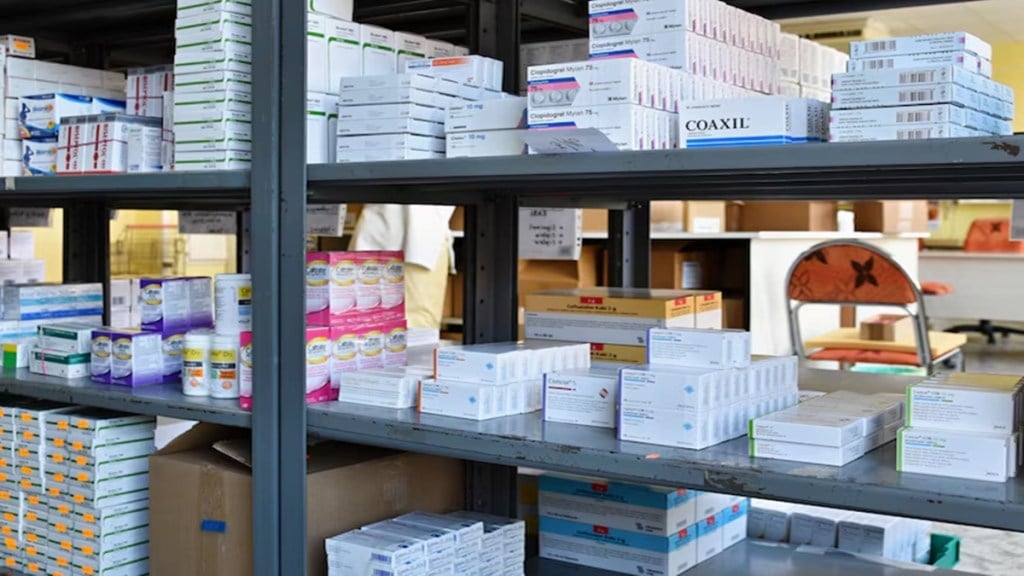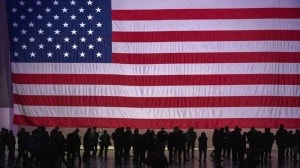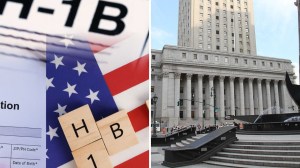A “weaker-than-expected” and “sketchy” drug pricing proposal from the US president Donald Trump has given a breather to the domestic pharma industry who expected a dent in their profitability after Trump announced to bring down drugs prices by upto 80% for the US consumers.
Despite vowing to end price discrimination against US patients, Trump’s executive order lacked details on the punitive action against the violating pharma manufacturers, pharma analysts said. Instead, it said that the pharma manufacturers will have to comply with the order within 30 days failing which the US secretary of health and human services will “propose a rulemaking plan to impose most-favored-nation pricing”.
“The executive order elaborated on the price discrimination being faced by the US patients, but there was hardly any details on how this order will be executed, and more specifically lacking the details on the punitive actions on erring companies. We are not expecting any negative impact of this order on the Indian pharma companies in the short-term,” said a pharma analyst.
Experts said that the executive order broadly covers three areas, including inflated drug prices in the US subsidising pharma prices in other countries, cutting down the middlemen in the supply chain, and the rough plan to establish most-favored-nation pricing. For instance, the order talks about setting up direct-to-consumer (D2C) purchasing programmes so that pharma manufacturers can sell their products at “discounted” rates.
Additionally, the order said that if the pharma manufacturers fail to comply with the order, the relevant authorities will consider providing “waivers to import prescription drugs on a case-by-case basis from developed nations with low-cost prescription drugs.”
In a statement, Indian Pharmaceutical Alliance (IPA) secretary general Sudarshan Jain said that the order emphasises that the cost of innovation should be shared equitably among all stakeholders. Innovator companies are expected to be affected, with a 30-day window to align their US prices with most-favoured-nation pricing. The generics industry is unlikely to be impacted, as it operates on razor-thin margins. The generics industry plays a pivotal role in ensuring medicines remain affordable and accessible,” said Jain.
India’s pharma exports stood at over $30 billion in FY25, and more than a third went to the US. While medicines manufactured in India account for just 11% of the US pharma market, in volume terms, India’s share is about 40%, highlighting the demand of cheap Indian drugs in the US.
Earlier, in a social media post, US president said that “prescription drugs and pharmaceuticals in the US were so much higher than they were in any other nation, sometimes being 5-10 times more expensive than the same drug, manufactured in the exact same laboratory or plant, by the same company.
In his first term, Trump proposed to bring foreign reference pricing programme which tied the drugs prices in the US to the rates in other countries. Though the programme was blocked by a US court.







